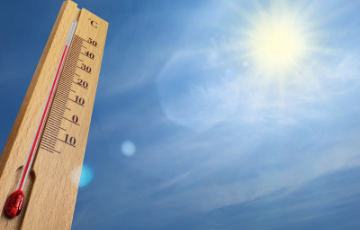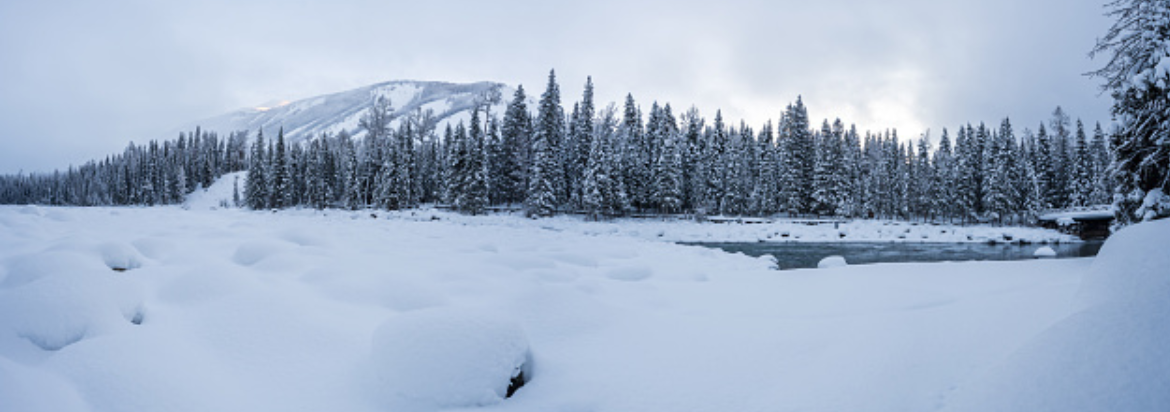People in the Island Health region may experience increased health risks in the fall and winter due to cold, snowfall, flooding and power outages during storms. Prolonged summer droughts may weaken trees and result in more windfall during winter storms, increasing the risks of injury and power outages. The effects of drought and wildfire on vegetation and water run-off may also increase the risk of floods and landslides during winter rainstorms.
Cold temperatures and storm conditions can impact the health of at-risk community members.
People at most risk include:
- People experiencing homelessness or unstable housing situations
- People experiencing “energy poverty” who struggle to heat and power their homes
- People whose homes are situated on floodplains, beside streams, at the base of burned slopes or on geologically unstable surfaces such as alluvial fan (gravel) deposits.
- People who live alone or are isolated
- People with limited mobility
- People who use substances
- People who depend on electricity for medical reasons (e.g., home hemodialysis equipment, ventilators, oxygen concentrators, power wheelchairs, refrigeration for insulin)
- People who spend much time outdoors for work, recreation, travel
- People with certain medical conditions, such as diabetes, peripheral neuropathy and diseases affecting blood vessels
- People taking certain medications, such as beta blockers
If you or someone you know experiences any concerning symptoms, seek medical attention immediately or call 911.
The Island Health Cold-related injuries and how to respond outlines the symptoms to watch for and the steps to take until medical care can be accessed.
- Symptoms & Risks
-
Trenchfoot: a non-freezing cold injury due to continuous exposure to cold and wet, resulting in tingling, itching, burning or blistered feet that are prone to infection and require medical attention.
Frostbite: occurs when exposed ears, fingers, toes or cheeks begin to freeze and results in tingling, stinging or aching followed by numbness and change in skin texture (firm, waxy, white, gray or yellow in color). Frostbite should be evaluated by a medical professional.
Hypothermia: occurs when body heat is lost faster than it can be replaced. It can occur quickly during cold, wind, rain or sudden immersion, and can lead to unconsciousness and death if heat loss isn’t stopped. It can also occur more gradually in homes kept below 18°C, especially in older adults. Early symptoms include shivering (in adults and older children); clumsy movements; apathy (lack of concern); poor judgment; and cold, pale, or blue-grey skin. Hypothermia is a medical emergency; seek treatment immediately.
- Be Prepared
-
Severe weather can happen without warning and affect your safety. Be prepared for extreme cold.
- Get prepared for winter weather and storms explains winter-storm risks (snow, ice, wind, power outages) and provides guidance on readiness, response, and safety steps for homes, travel, and vulnerable populations.
- Your health this winter provides tips on staying healthy during cold weather, covering nutrition, activity, common illnesses, and when to seek care.
- Winter readiness for older adults gives you a checklist on how to keep the home at a healthy temperature, plan for emergencies, recognize the signs of hypothermia and CO exposure, and resources for fall prevention.
- Winter is coming top tips to heat your home for less gives practical advice for lowering heating costs in cold months
- Power outage and storm safety provides tips on how to prepare for, respond to, and recover from power outages caused by storms
- Carbon monoxide awareness provides provincial resources to promote awareness, including a social media toolkit.
- Resources
-
Stay Alert with the latest conditions
Find a Shelter
Street Survival Guides
These guides include information on shelters and much more. Island Health has not contributed to the content of these guides, they are external resources here for reference.
Further resources for planners




